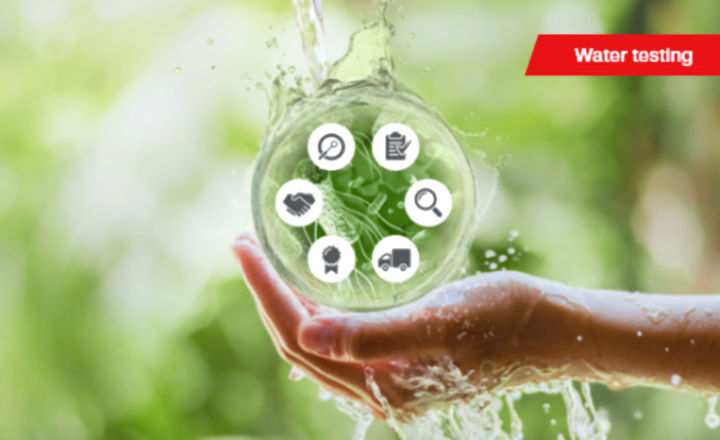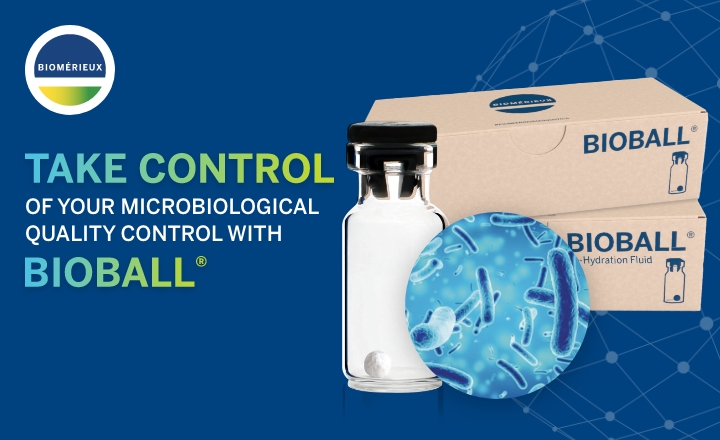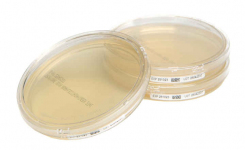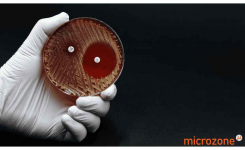With tremendous breakthroughs being made in the life sciences every day, it is critical that reported and published data are not only reliable and accurate, but reproducible as well. Unfortunately, with the inherent variability of biological materials and reagents, as well as the differences in analytical techniques and data reporting, irreproducibility is still a universal problem throughout both commercial and academic settings. In fact, this issue has resulted in significant, long-lasting effects including extensive losses in time and funding, perpetuation of false data, reputational damage, and impairment of professional relationships and collaborations. Here, we will briefly discuss how variations in biological materials can affect reproducibility and how the use of organisms as standards can help counteract these effects.
Within the life sciences, irreproducibility can be caused by a number of underlying factors ranging from the biological materials and reagents used for a set of experiments to how the experiment is performed and analyzed. For instance, bacteria can vary quite a bit at the species level, which is why…























